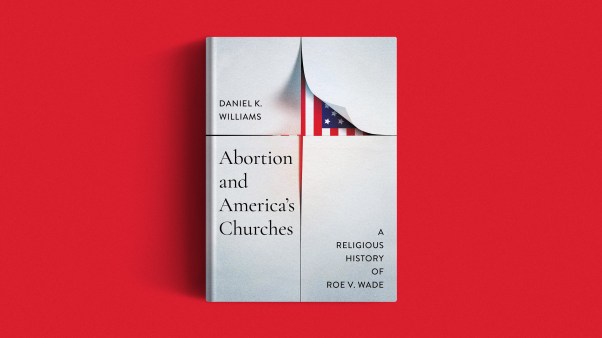A federal appeals court ruled today that the Defense of Marriage Act (DOMA) is unconstitutional.
The First Circuit Court of Appeals, whose jurisdiction includes Massachusetts, said that DOMA imposes a burden on both states and couples without a legitimate federal purpose. The decision is expected to be reviewed by the United States Supreme Court.
According to the court decision, DOMA affects more than 1,000 references to marriage in federal laws. As a result, same-sex couples who are married in U.S. states are denied substantial benefits from the federal government. Same-sex couples cannot file joint federal tax returns. Spouses cannot collect Social Security survivor benefits. Federal employees cannot share their health insurance with their spouses.
The First Circuit ruled that the burden placed on the more than 100,000 same-sex couples could not be justified. It rejected the argument that the underlying purpose of DOMA was “hostility toward homosexuality.” Support for traditional marriage, said the Court, did not mean moral disapproval of same-sex couples.
“Traditions are the glue that holds society together, and many of our own traditions rest largely on belief and familiarity–not on benefits firmly provable in court. The desire to retain them is strong and can be honestly held,” the court said.
Morality, too, was not a legitimate reason to define federal marriage as the union between one man and one woman. When passing DOMA, Congress said, “Civil laws that permit only heterosexual marriage reflect and honor a collective moral judgment about human sexuality. This judgment entails both moral disapproval of homosexuality, and a moral conviction that heterosexuality better comports with traditional (especially Judeo-Christian) morality.”
The First Circuit cited the Supreme Court decision in Lawrence v. Texas, which ruled that sodomy laws were unconstitutional. The Lawrence opinion said that morality was an insufficient justification for regulating homosexuality.
The First Circuit said that if the goal of DOMA was to strengthen and protect heterosexual marriage, then DOMA was a “poor remedy” to the problem. It ruled that Congress failed to show “any demonstrated connection between DOMA’s treatment of same-sex couples and its asserted goal of strengthening the bonds and benefits to society of heterosexual marriage.”
The decision is limited to the constitutionality of DOMA and avoids broader claims that same-sex couples have a right to marry in any state. Rather, the court said that DOMA violates federalism by interfering in the choices of both same-sex couples and the states that grant them marriages.
The judges acknowledges that the principles in case, including federalism, civil rights, and congressional authority, are difficult to untangle and that “only the Supreme Court can finally decide this unique case.”
“Invalidating a federal statute is an unwelcome responsibility for federal judges; the elected Congress speaks for the entire nation, its judgment and good faith being entitled to utmost respect” the First Circuit wrote. “But a lower federal court such as ours must follow its best understanding of governing precedent, knowing that in large matters the Supreme Court will correct mis-readings (and even if it approves the result will formulate its own explanation).”
DOMA will remain in effect until the Supreme Court decides whether to review the decision.
The opinion was issued by a three-judge panel from the First Circuit. Michael Boudin, nominated by President George H. W. Bush, wrote the unanimous decision; the other two judges were chief judge Sandra L. Lynch (Clinton nominee) and Juan R. Torruella (Reagan nominee).








